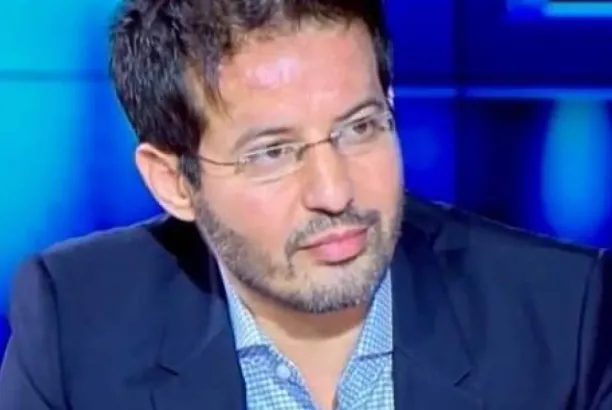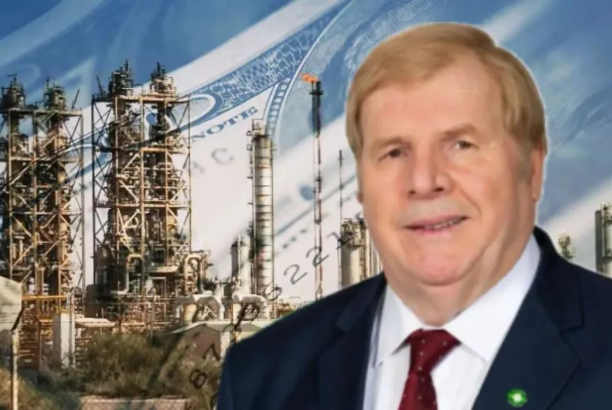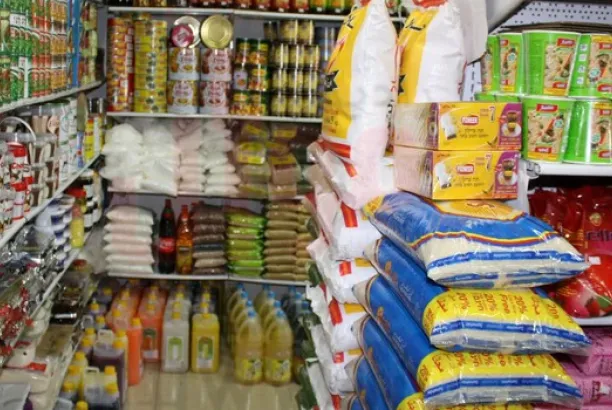
| Economic articles
Al-Zantouti: “Stop the Nonsense, End Fuel Subsidies Immediately, and Demand an End to Smuggling Now”
Written by financial expert Khaled Al-Zantouti: “These days, opinions, articles, discussions, and decisions about fuel subsidies, their drawbacks, and ways to address them are abundant. In this context, I say: Ladies and gentlemen, I still insist that our primary problem is smuggling. While I am fully aware that smuggling is a result of subsidies, we cannot simply end subsidies with the stroke of a pen, especially without establishing a comprehensive social safety net that ensures fairness and guarantees a minimum standard of living for all citizens.
Yes, I advocate for fuel subsidy reform, but it must be done objectively, justly, and with deliberate, implementable decisions. To demand the immediate removal of subsidies or their conversion into direct cash assistance (when the average citizen is struggling to even receive their salary or obtain the cash necessary to buy fuel) is sheer madness.
According to some statistics, the average Libyan consumes about 2,000 liters per person annually, which is approximately five times the global average. This is truly alarming.
However, there are logical reasons behind this, such as the lack of public transportation infrastructure and the heavy reliance on private vehicles. But the main reason is smuggling. Based on some estimates, at least 40% of the fuel is smuggled, costing billions of dollars annually. Imagine this: according to published investigative reports, smuggled Libyan fuel is sold at gas stations in Italy, Malta, and Africa.
Imagine, ladies and gentlemen, that those European countries, whose criminal groups (mafias) collaborate with local criminal groups to smuggle Libyan fuel, do nothing to stop this illegal smuggling. Yet, their naval fleets dominate the Mediterranean to prevent human trafficking while failing to stop massive tankers smuggling Libyan fuel to Europe. It’s a strange paradox indeed.
Fuel smuggling from Libya is not done in small quantities or tanker trucks but through fleets of ships on the sea and caravans of vehicles and tractors on land routes, brazenly and openly.
Wouldn’t it make more sense to fight smuggling first, even if fuel subsidies for Libyans remain as they are (until we are ready to address the issue)? After all, it is Libyans’ oil, from their land, and it is their right.
Ladies and gentlemen, let us first eradicate smuggling. This is the duty of the state. Let us not forget that we deploy drones to fight one another—are we incapable of protecting our national borders if we truly want to?
In summary, there is no doubt that I support organizing fuel subsidies with the goal of rationalizing consumption as a primary objective. However, this must occur under a fair and well-studied social safety net. This cannot be achieved immediately but rather gradually and thoughtfully, with an understanding of its impact on all economic and living variables affecting the lives of citizens who own the land and its oil.
Most importantly, we must first put an end to smuggling, regardless of who is behind it. Smuggling is a complete economic crime with devastating negative consequences for the national economy. Let Libya’s oil remain for Libyans—it is their land and their oil. Once smuggling is stopped, we can address the issue of fuel subsidies in a fair and well-studied manner.”





